R U Mobile?

Many website mangers have recently received an email from Google with the following text…
Google systems have tested xx pages from your site and found that 100% of them have critical mobile usability errors. The errors on these xx pages severely affect how mobile users are able to experience your website. These pages will not be seen as mobile-friendly by Google Search, and will therefore be displayed and ranked appropriately for smartphone users.
What does this mean? As of April 21, Google will start to roll out a new search algorithm to mobile users. If you are doing a search from a tablet or smartphone, sites that do not have a responsive design will not rank as highly in search results as those that do. Search results from a PC or laptop will not be affected.
A responsive design or website responds to the browsing device and/or browser window size by dynamically changing the layout to make it easy to use for that device. Not only is the layout changed, but items like the menu are optimized so that they are easy to use with a finger vs a mouse.
Lanex has been doing mobile friendly responsive web sites for a number of years. Contact us to create a website that reflects your needs, today’s design trends and works well with all browsing platforms.

